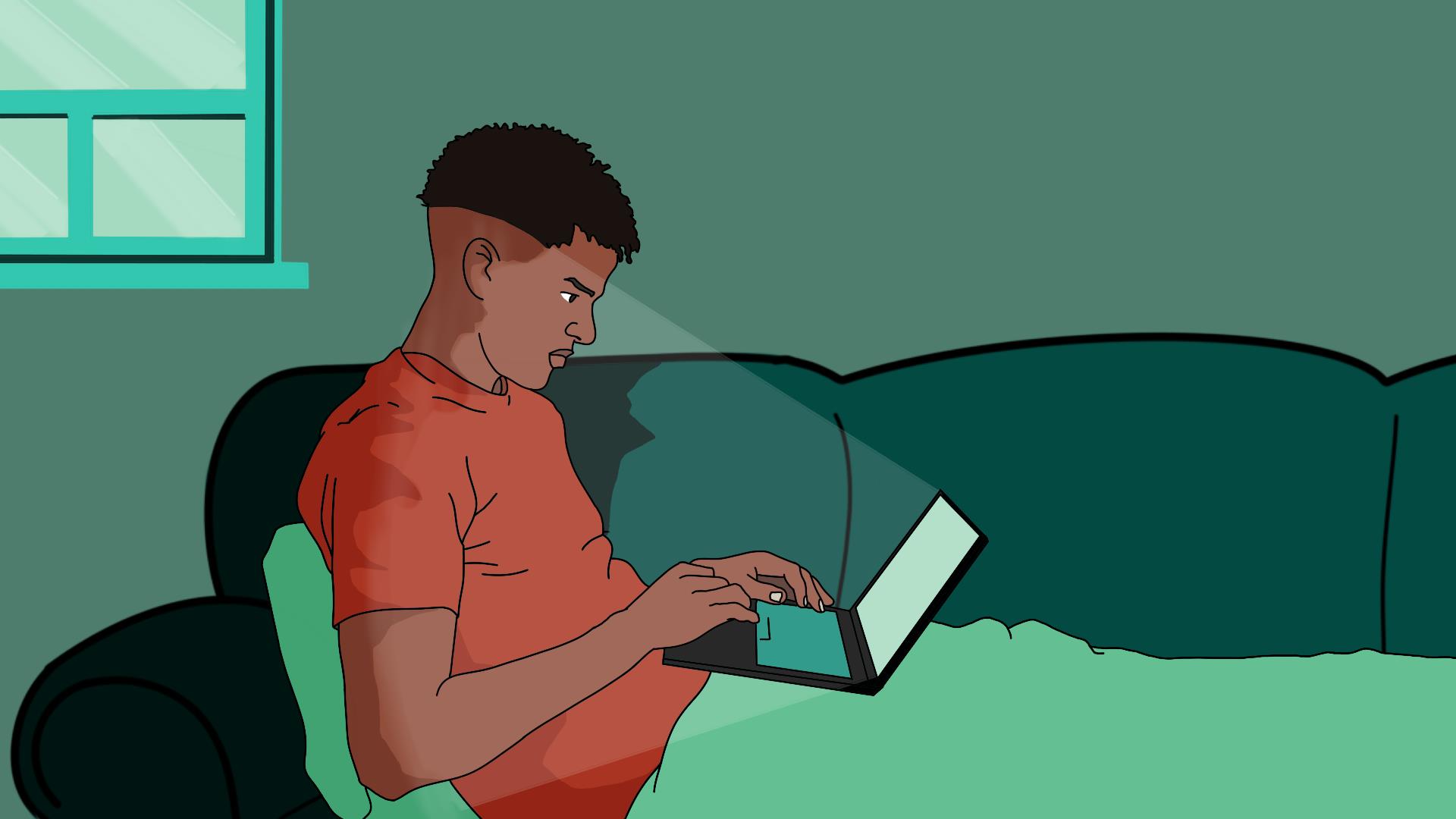🎧 Listen to: Pornography Addiction

Pornography Addiction
Introduction: The reality of pornography addiction in Africa
In Africa, discussions about pornography are often shrouded in silence. Yet, with the rapid growth of internet access and smartphones, especially among the youth, pornography consumption has become widespread. Studies suggest that over 30% of internet traffic in some African countries is linked to adult content. With millions of young people accessing explicit material, the question arises: when does casual viewing become an addiction?
What is pornography addiction?
Pornography refers to any written, visual, or digital content designed to cause sexual excitement. While some people watch it occasionally, others find themselves trapped in a cycle of compulsive viewing.
Though pornography addiction is not officially classified as a medical disorder, excessive consumption can interfere with daily life, relationships, and mental well-being. Some people find it difficult to stop watching, even when they want to.
Myths and misconceptions about pornography?
Many people have misunderstandings about pornography and its effects. Here are some common myths:
- “Only men watch pornography.” While more men tend to consume it, many women also struggle with pornography addiction.
- “Watching pornography is harmless.” While occasional viewing may not be a
problem, excessive consumption can lead to social and psychological issues.
- “It only affects single people.” Many married individuals also struggle with pornography addiction, sometimes leading to relationship problems.
- “You can quit anytime.” Just like gambling or alcohol addiction, stopping can be difficult without intentional effort.
Signs of pornography addiction?
Watching pornography occasionally does not necessarily mean one is addicted. However, it may be a problem if:
- The time spent watching porn keeps increasing.
- You feel a strong urge to watch it even when it affects your daily life.
- You feel guilty after watching, but you keep returning to it.
- You neglect responsibilities such as work, studies, or family obligations due to pornography.
- You find it difficult to enjoy real-life intimacy without watching porn first.
- You feel anxious, restless, or irritated when you try to stop.
Why do people get addicted to pornography?
Porn addiction does not happen overnight. It may start out of curiosity, boredom, stress, or loneliness. Over time, watching pornography provides a “high” similar to drug addiction. This happens because the brain releases chemicals like dopamine, which create pleasure. Over time, people may feel the need to watch more explicit content to experience the same excitement, leading to an endless cycle.
How common is pornography addiction in Africa?
With increased smartphone penetration, young Africans are among the highest consumers of online pornography. In some countries, searches for adult content rank among the highest in the world. This problem is especially common among teenagers and young adults who have easy access to mobile data.
Some reports indicate that: • Over 60% of African youth aged 15-24 have accessed pornographic content online.
- Many children as young as 10 years old are first exposed to pornography through mobile devices.
- Religious and cultural taboos prevent open discussions, making it harder to seek help.
How to overcome pornography addiction?
If you are struggling with pornography addiction, you are not alone. Here are some practical steps to help overcome it:
Take control of your digital space
- Delete all pornographic content from your devices.
- Block adult websites using parental control apps or anti-porn software.
- Reduce social media usage if it exposes you to explicit content.
Find healthy alternatives
- Engage in sports, reading, or volunteering to keep your mind occupied.
- Spend time with family and friends instead of being alone online.
- Replace pornography with healthy relationships and hobbies.
Identify triggers and avoid them
- Do you watch porn when you are bored, lonely, or stressed? Find healthier ways to cope.
- If certain places or situations trigger the urge, avoid them.
- Practice self-discipline by setting goals and rewarding progress.
When to seek professional help?
If you find it difficult to stop watching pornography despite trying, seeking help is a sign of strength, not weakness. A mental health professional can provide:
- Therapy sessions to help understand the root cause of the addiction.
- Support groups where you can connect with others facing the same struggle.
- Behavioral techniques to help rewire your brain and break free from addiction.
The role of family and society?
Pornography addiction is not just an individual problem; it affects families and communities. Parents and guardians should:
- Talk to children early about internet safety and responsible usage.
- Monitor their children’s digital activities to prevent early exposure.
Encourage open discussions about sexuality without judgment.
